Home>Home Maintenance>What Happens If You Waive A Home Inspection
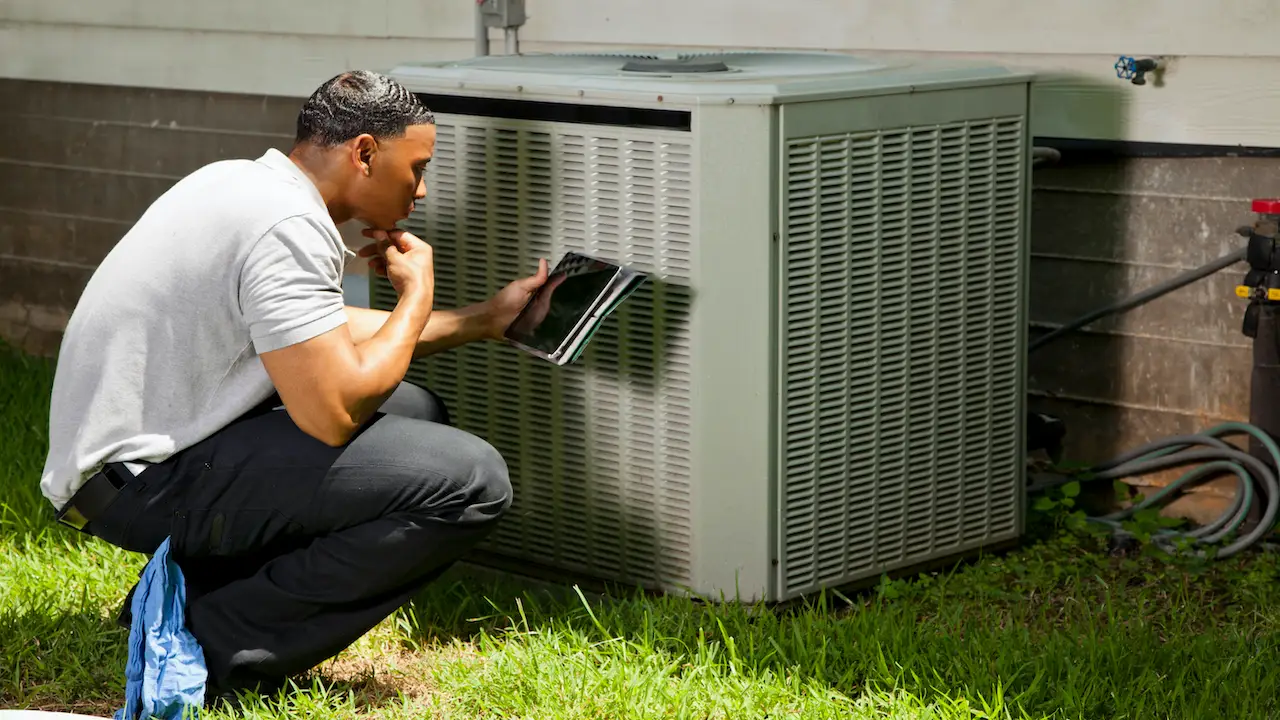

Home Maintenance
What Happens If You Waive A Home Inspection
Modified: March 6, 2024
Want to skip a home inspection? Find out the potential consequences and risks involved. Protect your investment with proper home maintenance.
(Many of the links in this article redirect to a specific reviewed product. Your purchase of these products through affiliate links helps to generate commission for Storables.com, at no extra cost. Learn more)
Introduction
Welcome to the world of home maintenance! Owning a home is an exciting and fulfilling journey, but it also comes with its fair share of responsibilities. One of the most important aspects of maintaining a home is conducting regular inspections to identify any potential issues and address them before they turn into costly problems.
A home inspection is a comprehensive assessment of the condition of a property, conducted by a professional inspector. This inspection covers various aspects of the home, including the structural integrity, electrical and plumbing systems, HVAC systems, and more. The purpose of a home inspection is to provide homeowners with a detailed report of any issues or concerns that need to be addressed.
However, there may be instances where homeowners consider waiving a home inspection. This decision is not to be taken lightly, as it can have significant implications down the line. In this article, we will explore the reasons why someone might choose to waive a home inspection, the potential risks involved, and alternative options to consider.
Before we dive into the reasons for waiving a home inspection, it is essential to emphasize the importance of conducting a thorough inspection as part of the home buying or maintenance process. Skipping a home inspection can lead to unforeseen problems and costly repairs. This article is intended to provide information and perspective, but it is always recommended to consult with professionals and make informed decisions based on your specific situation.
Key Takeaways:
- Don’t skip home inspections! They uncover hidden issues, save you from unexpected expenses, and give you negotiation leverage. Always consult professionals before making a decision.
- If you must skip a home inspection, bring a contractor, request seller disclosures, or opt for specialized inspections. Research the property and seek professional advice to make informed decisions.
Understanding Home Inspections
Before we delve into the topic of waiving a home inspection, let’s first explore what a home inspection entails. A home inspection is a detailed examination of a property’s condition, typically conducted by a certified inspector.
During a home inspection, the inspector will assess various aspects of the property, including the structural components, electrical systems, plumbing, heating and cooling systems, as well as the overall safety and functionality of the home. They will thoroughly examine both the interior and exterior of the property, looking for any signs of damage, defects, or potential issues.
The purpose of a home inspection is to provide the homeowner with an unbiased and professional assessment of the property’s condition. It gives buyers valuable insights into any existing or potential problems, allowing them to make informed decisions about their investment. For existing homeowners, regular home inspections can help identify maintenance issues early on, preventing them from escalating into more significant problems.
During the inspection process, the inspector will generate a detailed report highlighting their findings and recommendations. This report will outline any issues discovered, along with suggested repairs or further investigations. It serves as a valuable tool for buyers when negotiating purchase agreements or for homeowners in planning necessary repairs or renovations.
It is important to note that home inspections are visual examinations and do not involve destructive or invasive methods. Inspectors are not able to see behind walls or under floors. They rely on their expertise and experience to identify visible signs of potential problems. If they suspect a more significant issue, they may recommend further evaluation by a specialized professional, such as an electrician or structural engineer.
Overall, home inspections provide peace of mind for homeowners and buyers alike. They offer insight into the condition of a property, potentially saving you from unforeseen expenses and surprises down the road.
Reasons for Waiving a Home Inspection
While it is generally not recommended to waive a home inspection, there are certain situations where individuals may choose to do so. It is important to understand the reasons behind this decision and the potential implications that may arise. Here are a few common reasons why someone might consider waiving a home inspection:
- Competitive real estate market: In a highly competitive market, where multiple buyers are vying for the same property, some may choose to waive the home inspection to make their offer more appealing to the seller. By removing the contingency of a home inspection, buyers may have a better chance of having their offer accepted.
- Property being sold “as-is”: If a property is being sold “as-is,” it means the seller is not willing to make any repairs or negotiate on the price based on the inspection findings. In such cases, buyers may choose to waive the inspection to avoid any potential hurdles in the negotiation process.
- Existing knowledge of the property: In certain situations, buyers may be very familiar with the property or have already conducted a previous inspection. For example, a buyer who previously made an offer on the same property but was outbid may already have the previous inspection report. In such cases, buyers may feel confident enough to proceed without a new inspection.
- New construction: When purchasing a newly constructed home, buyers may feel that a home inspection is unnecessary since everything is brand new. While this is generally true, it is still advisable to have an inspection to catch any potential construction defects or other issues that may have been overlooked.
It is important to note that even with these reasons, waiving a home inspection should be considered with caution. It is a decision that carries potential risks, which we will discuss in the next section.
If you are contemplating waiving a home inspection, it is always recommended to consult with a real estate professional or a trusted advisor who can offer guidance based on your specific situation. They can help you weigh the pros and cons and make an informed decision that aligns with your best interests.
Waiving a home inspection can be risky. It’s important to understand the potential issues and costs that may arise without a thorough inspection. Consider getting a professional opinion before making a decision.
Potential Risks of Waiving a Home Inspection
While the decision to waive a home inspection may seem appealing in certain situations, it is crucial to understand the potential risks involved. By forgoing a thorough inspection, buyers expose themselves to several potential pitfalls:
- Hidden issues: A home inspection is designed to uncover any hidden issues or defects that may not be visible to the untrained eye. By waiving the inspection, buyers may unintentionally overlook significant problems, such as structural damage, electrical issues, plumbing leaks, or mold infestations. These hidden issues can lead to costly repairs and even compromise the safety and habitability of the home.
- Unexpected expenses: Without a home inspection, buyers may find themselves unexpectedly facing substantial repair costs after closing the deal. These expenses can range from minor repairs to major renovations, potentially putting a strain on their finances and disrupting their plans for the property.
- Negotiation disadvantages: By waiving the home inspection, buyers lose the opportunity to negotiate repairs or renegotiate the price based on the inspection findings. This leaves them with little to no leverage should any issues arise after the purchase. They may be left responsible for bearing the full cost of repairs that would have otherwise been addressed as part of the negotiation process.
- Legal ramifications: In some cases, buyers may later discover serious issues with the property that were not disclosed by the seller. Without a home inspection, it can be challenging to prove that the seller failed to disclose these issues, potentially leading to legal complications and disputes.
- Insurance and financing challenges: Some insurance companies or lenders may require a home inspection before providing coverage or approving a mortgage. By waiving the inspection, buyers may encounter difficulties in obtaining the necessary insurance or financing for the property.
In summary, while waiving a home inspection may provide short-term benefits, it exposes buyers to a range of potential risks and long-term consequences. It is essential to carefully weigh these risks against the benefits and seek professional advice before making a decision.
Fortunately, there are alternative options to consider if you are unable or choose not to conduct a traditional home inspection, which we will explore in the next section.
Alternatives to a Home Inspection
While a traditional home inspection is the most common approach to assess a property’s condition, there are alternative options that can provide some level of insight and protection for buyers.
- Bring a contractor or trusted advisor: If you are considering waiving a home inspection, you can still bring along a contractor or a trusted advisor who is knowledgeable about home construction and maintenance. Their expertise can help identify any obvious issues or potential concerns during your visit to the property. While this is not a substitute for a professional inspection, it can provide a second opinion and some peace of mind.
- Seller disclosures: Request thorough seller disclosures that provide detailed information about the property’s history, any known issues, and previous repairs or renovations. While this doesn’t replace a home inspection, it can give you an idea of what to expect and potentially uncover any red flags that warrant further investigation.
- Specialized inspections: Instead of a comprehensive home inspection, you can opt for specialized inspections to assess specific areas of concern. For example, you can hire an electrician to inspect the electrical system, a plumber to check the plumbing, or a roofer to assess the condition of the roof. While this approach may not provide a complete picture of the property’s overall condition, it can help identify potential issues in specific areas.
- Consider a pre-listing inspection: If you are buying a home that has recently been listed for sale, you can inquire if the seller has already conducted a pre-listing inspection. This type of inspection is performed by the seller before listing the property and provides a report of any known issues. While it is still advisable to have an independent inspection done, the pre-listing inspection can offer valuable insights into the property’s condition.
- Research and due diligence: Take the time to research the property and its history. Look into public records, permits, and any available documentation related to repairs or renovations. Additionally, consider driving around the neighborhood and talking to neighbors, as they may provide valuable information about the property or any potential issues in the area.
While these alternatives may not replace a comprehensive home inspection, they can provide additional information and help mitigate some of the risks associated with waiving an inspection entirely.
It is important to note that these alternatives should be considered with caution and in conjunction with professional advice. Consulting with a real estate agent or other experts in the field can help guide you in making informed decisions based on your specific circumstances.
Read more: What Happens If You Touch Insulation
Conclusion
Throughout this article, we have explored the topic of waiving a home inspection and the potential risks and alternatives associated with this decision. While there may be instances where individuals choose to waive a home inspection, it is important to approach this decision with careful consideration and seek professional guidance.
A home inspection is a vital step in the home buying process, providing buyers with crucial information about the condition of the property and any potential issues that need to be addressed. By waiving a home inspection, buyers expose themselves to hidden problems, unexpected expenses, and difficulties in negotiating repairs or price adjustments.
However, if you find yourself in a situation where waiving a home inspection seems inevitable, there are alternative options to consider. Bringing a contractor or trusted advisor during a property visit, requesting thorough seller disclosures, or hiring specialized inspectors can provide some level of insight and protection.
Regardless of the approach you choose, it is essential to conduct thorough research, consult with experts, and weigh the risks and benefits of your decision. Every property and situation is unique, and what may be applicable in one scenario may not be suitable in another.
Remember, the goal is to make an informed decision that aligns with your best interests and ensures the long-term safety and satisfaction of your home. By educating yourself, seeking professional advice, and approaching the process with caution, you can navigate the complexities of waiving a home inspection and make confident choices throughout your homeownership journey.
Lastly, it is important to reiterate that this article is for informational purposes only and should not be considered as professional advice. Consult with real estate professionals, inspectors, and other experts to make decisions that are specific to your circumstances.
Frequently Asked Questions about What Happens If You Waive A Home Inspection
Was this page helpful?
At Storables.com, we guarantee accurate and reliable information. Our content, validated by Expert Board Contributors, is crafted following stringent Editorial Policies. We're committed to providing you with well-researched, expert-backed insights for all your informational needs.



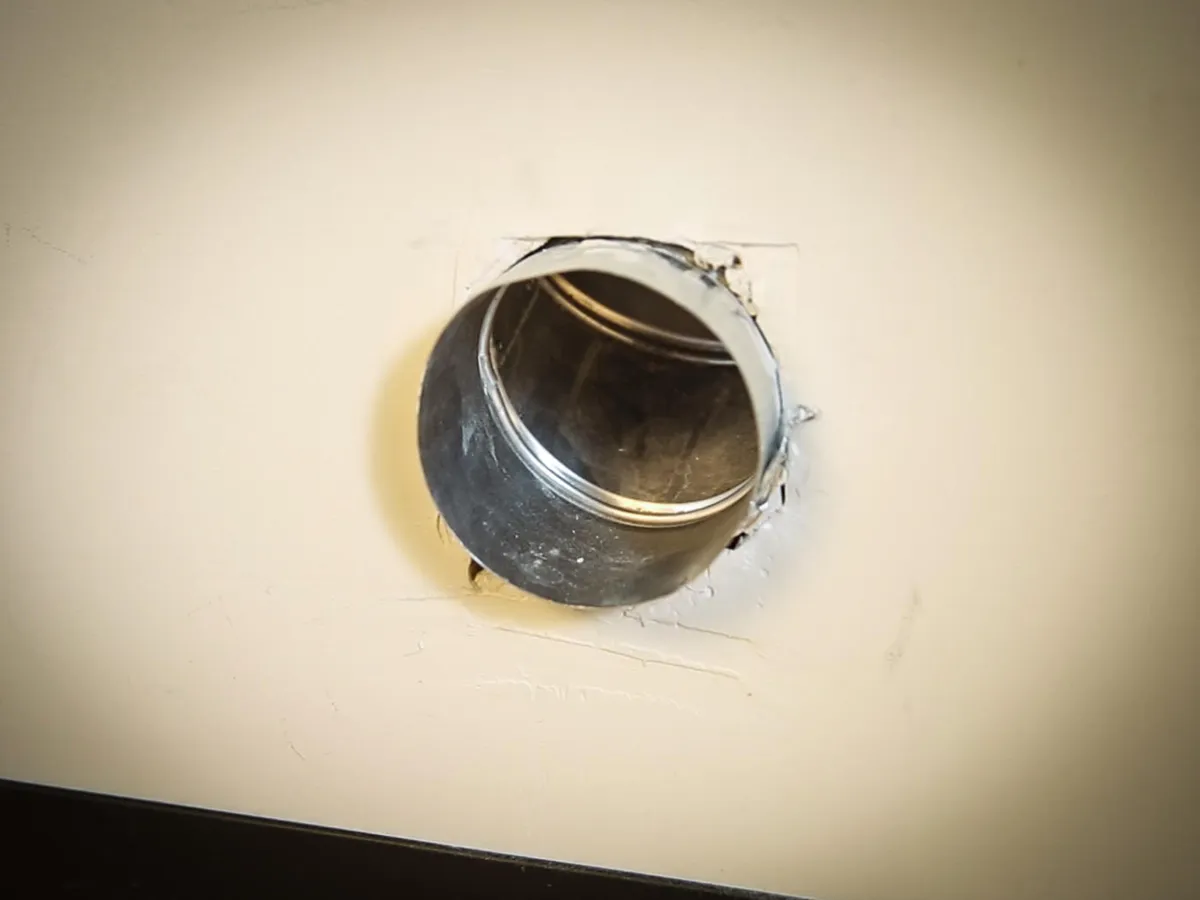
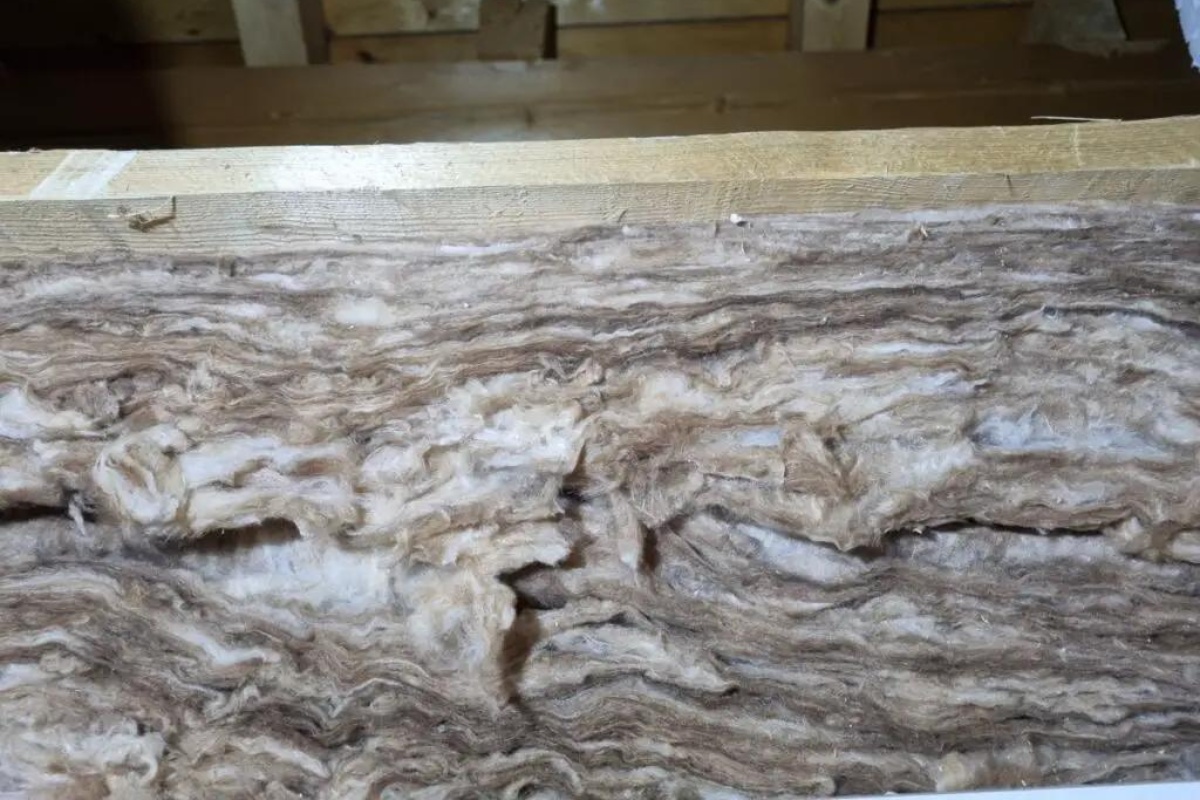
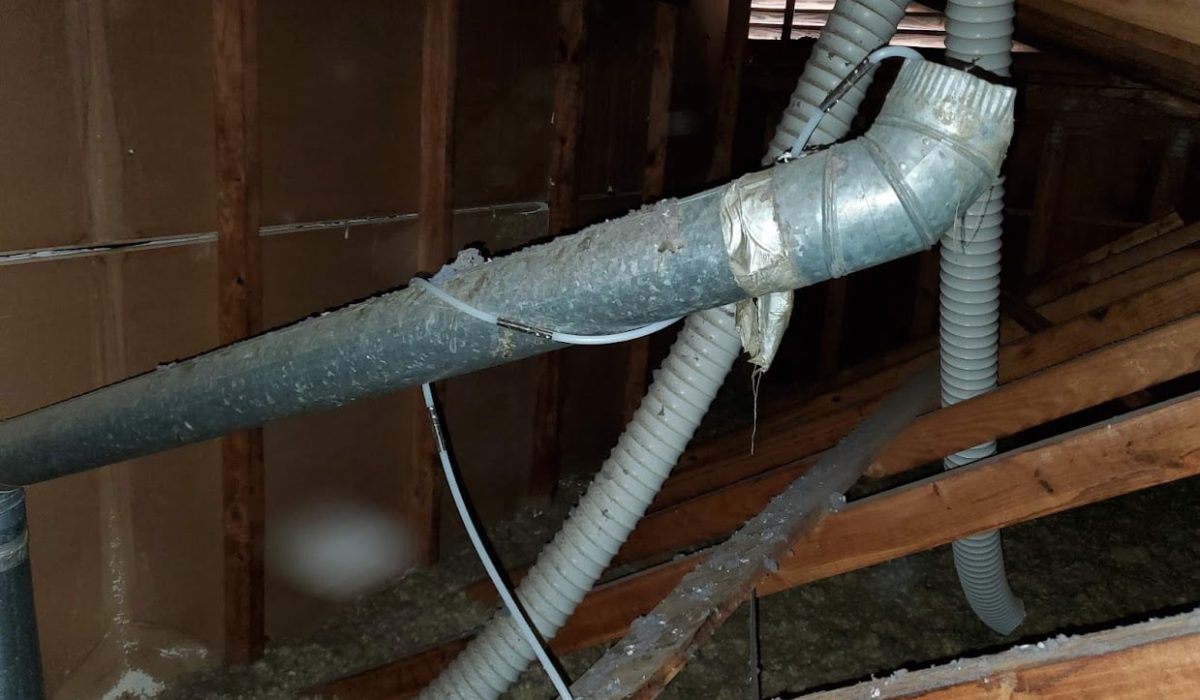
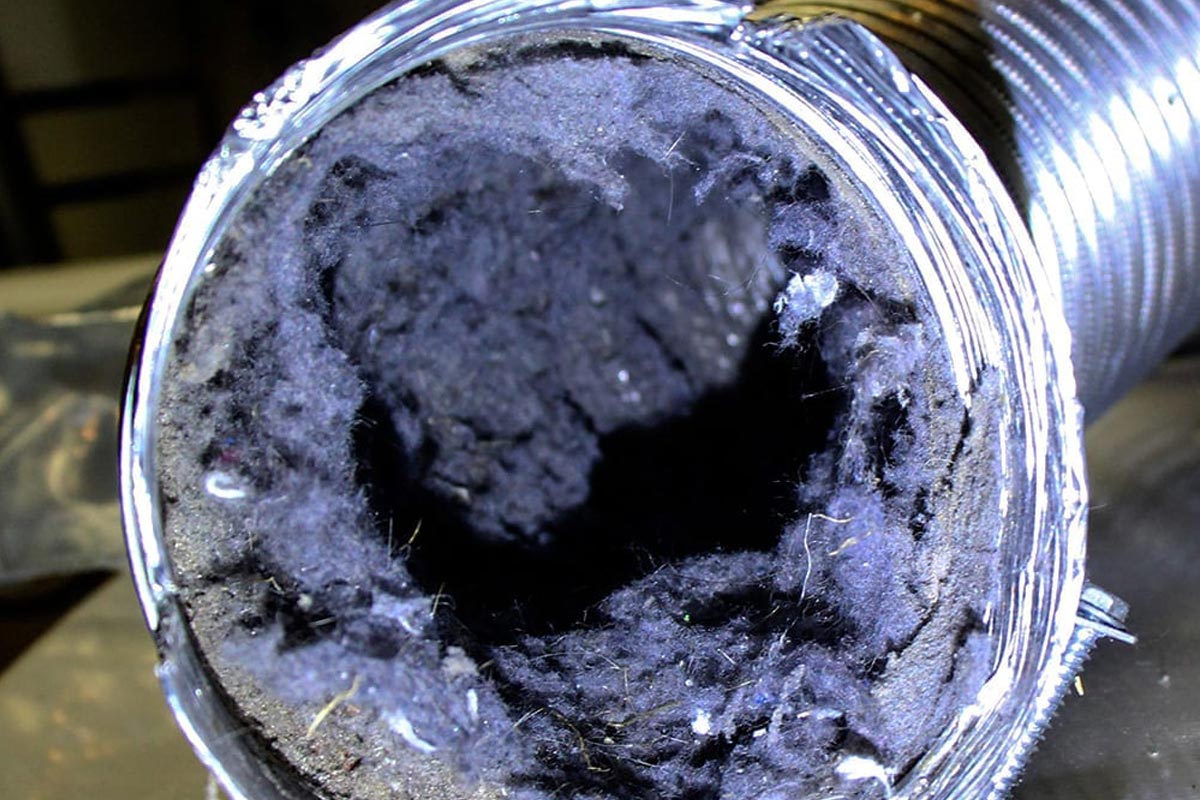
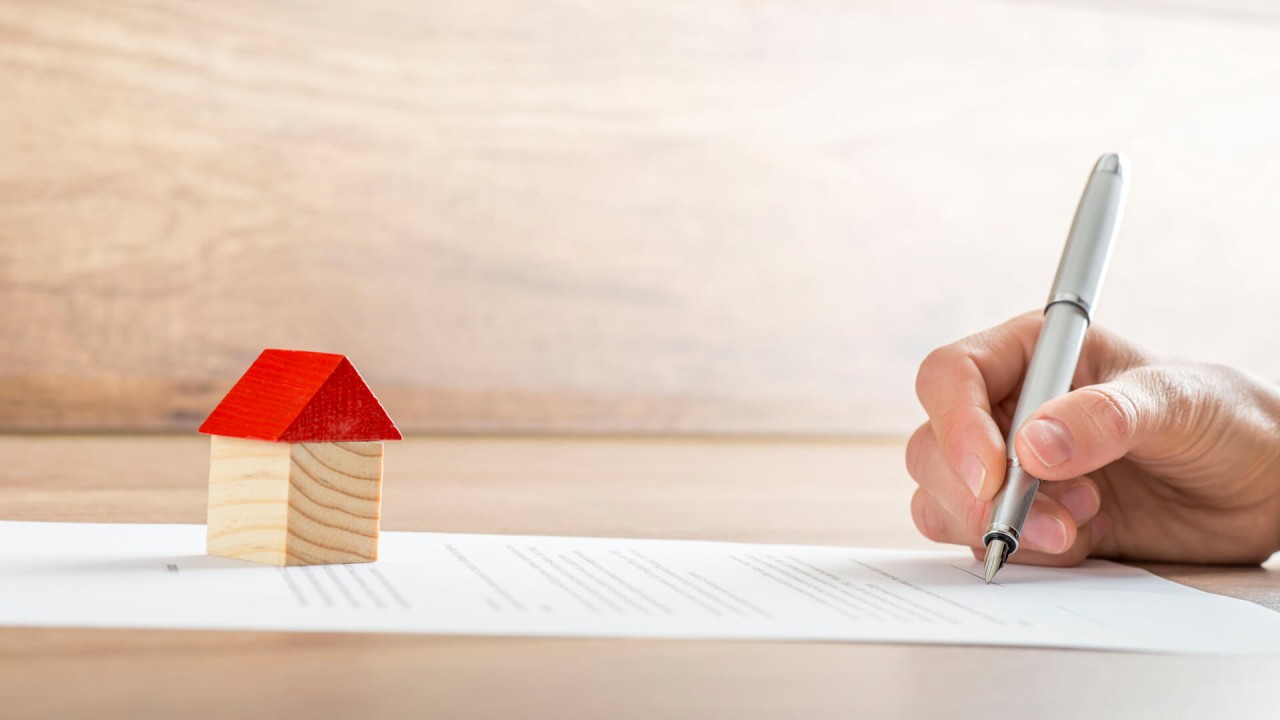
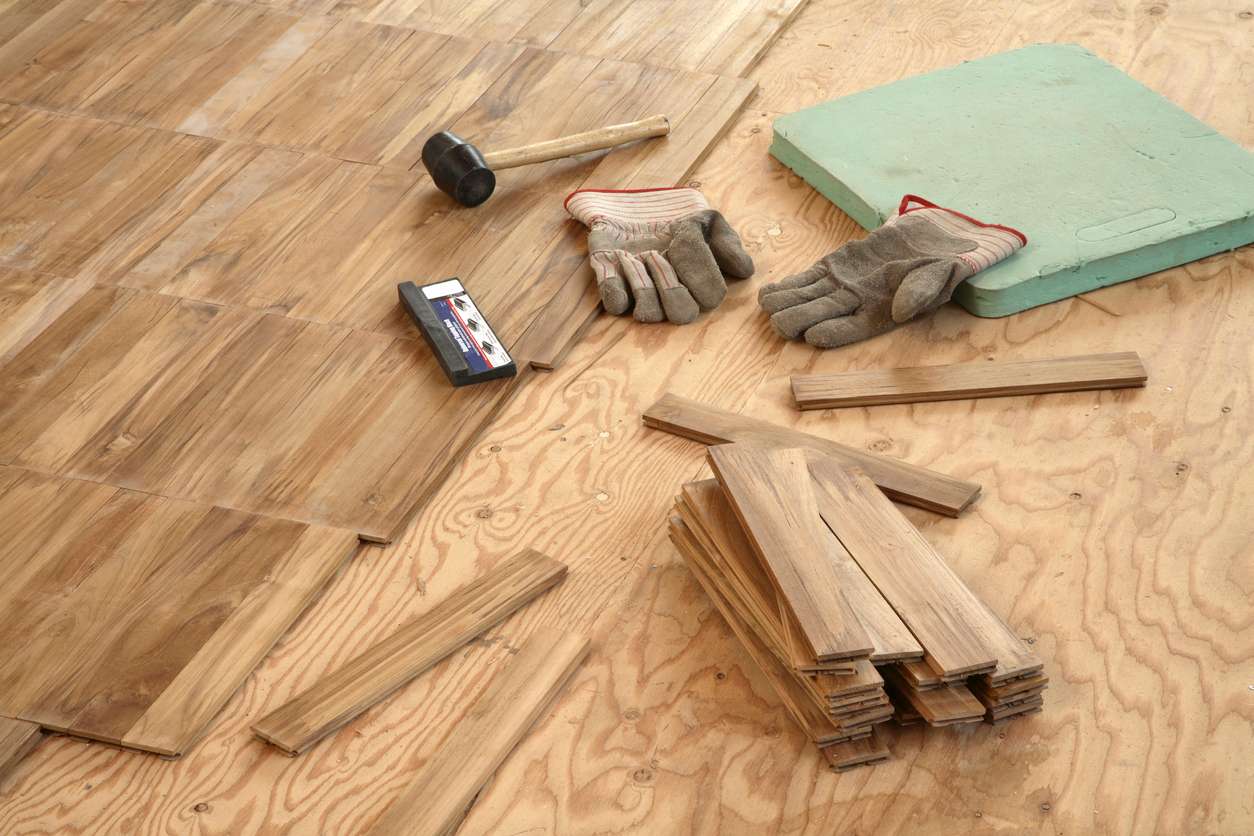
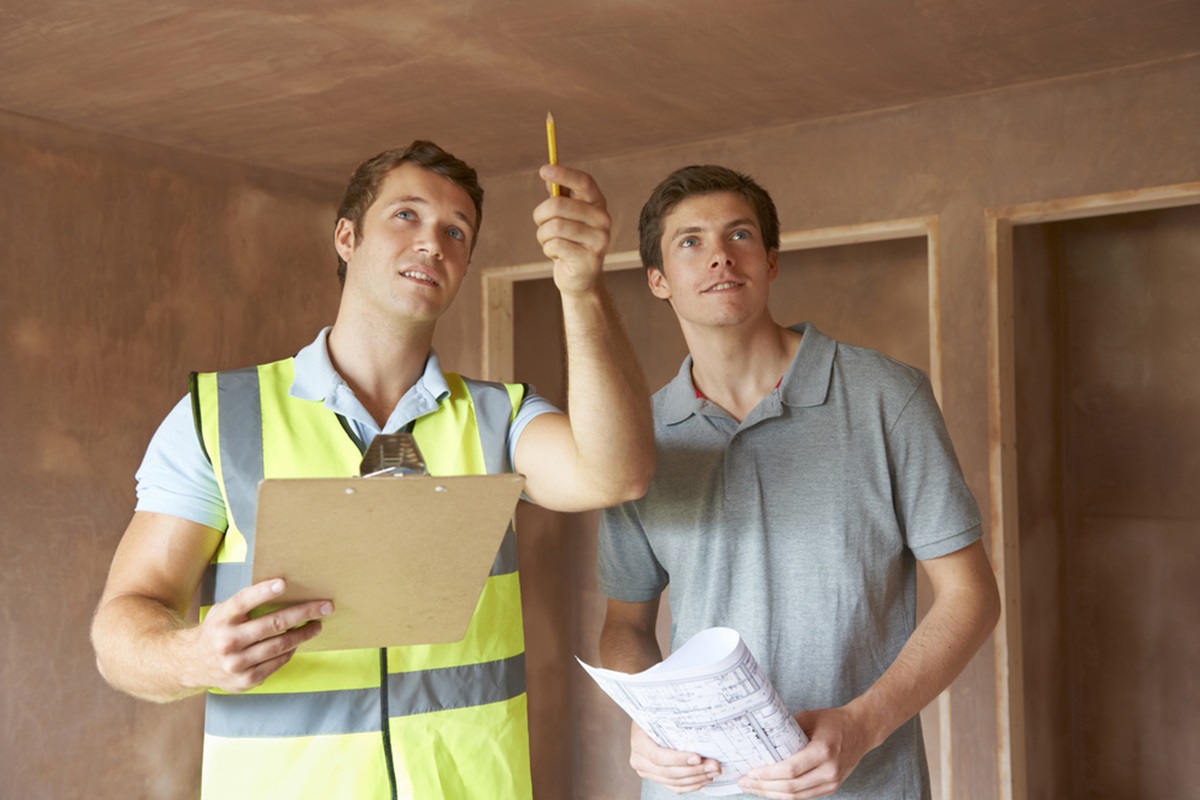

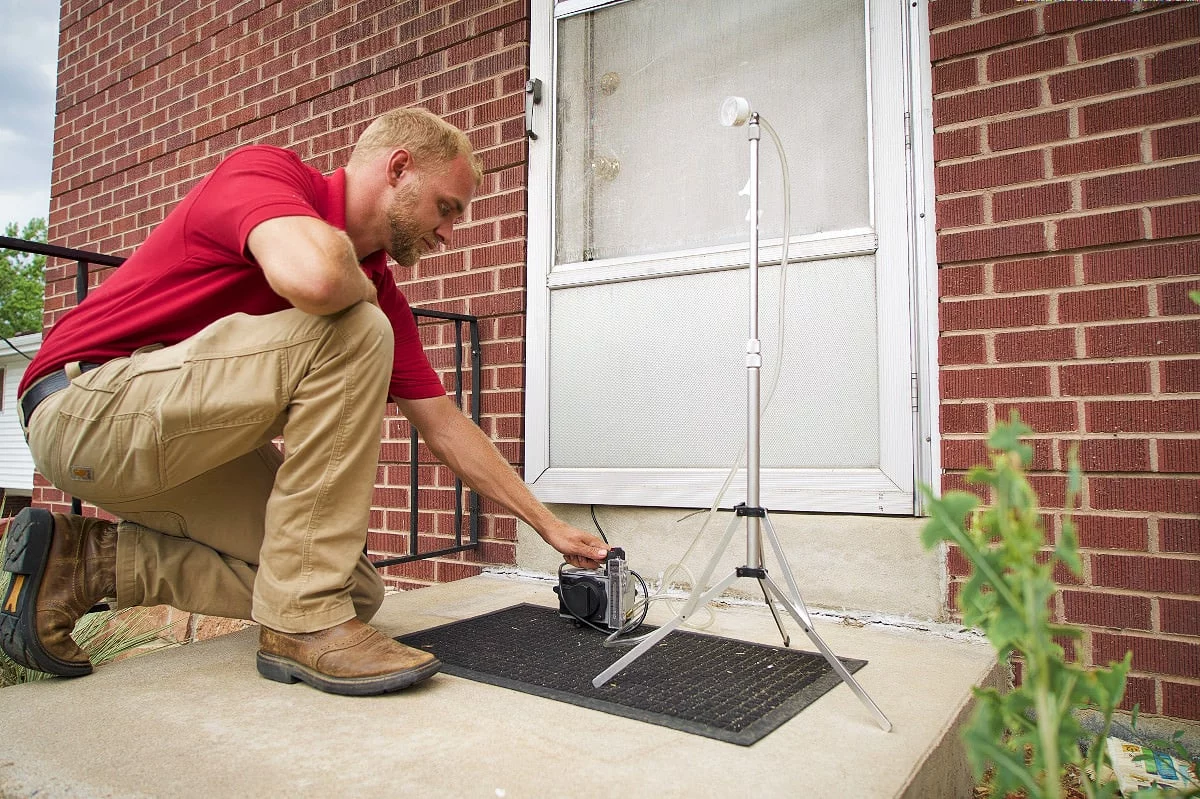



0 thoughts on “What Happens If You Waive A Home Inspection”